Baghdad, Ankara, Tehran and Damascus were the strongest opponents of the referendum and the independence of northern Iraq, but this is not the whole story. While analyzing and making decisions about the referendum, one should pay special attention to the different views of the centers of power on the issue of the Kurds, and refrain from making hasty evaluation and miscalculations.
Although the referendum and its domino effect is considered a threat for all countries with a Kurdish population, this threat is immediate for Baghdad, close to Turkey and relatively far from Iran. Notwithstanding the fact that countries with a Kurdish population have declared a common stance in opposition to the referendum, their applied policies are not consistent with each other at all angles, and even in the foregoing stages, some of those policies can become contrary to the others.
KRG Referendum and Baghdad:
The geopolitics of Iraq have always been troublesome for this historic land. Ethnic and religious heterogeneity, and the resulting domestic competitions and foreign provocations have always led to crisis and instability, especially in times of weakness for the central government. Although Iraqis are still far from becoming true Iraqis, the fight against ISIL and the threat of partitioning can create unity and solidarity among them. While Baghdad is fighting ISIL, Erbil took advantage of the situation to hold a referendum. However, the referendum is not the determining factor in Iraq's equations which can be better determined by war. The measure by the KRG to hold the referendum seems to be helping Iraqi Shias and Sunnis to move past their rivalry which will in turn make the future even more challenging for Barzani.
KRG Referendum and Ankara:
In the wake of Saddam's fall, Ankara saw itself as the loser, and Shias and Iran the winners of the developments. From Turkey’s point of view, Baghdad was the enemy for ruling over Shias and Erbil was promoted to the status of a strategic ally. Affected by its religious perspective toward Iraq, Turkey entered the stage not from the gate of Baghdad, but from Erbil. Through expanding relations with KRG and organizing Sunnis, Turkey became one of the main causes of the emergence of ISIL and the holding of the referendum. After a tense period in Ankara's relations with Baghdad and Tehran, the threats of ISIL and the referendum for Turkey forced Ankara to make a political turn from its previous positions. Of course, some analysts are of the opinion that Turkey has achieved a significant part of its unfavorable objectives in Iraq and the region and is now distancing itself tactically and periodically from its own policies, and therefore one should not consider the nature of Ankara's opposition to ISIL and the referendum in the same light as the opposition of Tehran and Baghdad toward these two factors. Regarding the referendum, while the highest-ranking Iranian officials have called the referendum an act of treason against the region, the Turkish Economy Minister, despite Erdogan’s opposing stance toward the referendum, has announced that no sanctions will be imposed against Erbil now or in future. Inside Turkey, regardless of the support of the pro-Kurdish People’s Democratic Party (HDP) and its imprisoned leader Selahattin Demirtaş, a large number of representatives from the Justice and Development Party (AK Parti), including the party’s influential member Galip Ensarioğlu from Diyarbakir, have announced that they are in favor of the referendum and consider KRG as the strategic ally of Turkey. In addition to these stances, Devlet Bahçeli, leader of Erdogan’s Nationalist Movement Party as well as some other close allies to the Turkish president, have said that in the event of KRG separation, Mosul, Kirkuk and Sulaymaniyah must be annexed to Turkey – a position that has further intensified the ambiguities of Turkish policies in the region. Of course, Erdogan, too, had noted the annexation of Mosul and Kirkuk to Turkey under the National Oath a while ago. Raising such issues, from a certain standpoint, can also be a message to all interested parties for obtaining concessions and adjusting the equations in one’s own favors.
Taking Erbil under Ankara’s protection, replacing the $10 billion deficit caused by Tehran and Baghdad sanctions against Erbil, increasing the role of Sunnis in power, securing the transit of energy pipelines through Turkey's routes, and helping to turn the country into an energy hub, could be among Turkey’s considerations in the KRG referendum crisis. Trust in countries is the result of a change in behavior resulting from a change in the mindset. Those who have come to place trust in the change in Ankara's strategic behavior towards the developments in the region should take into consideration the statements made by Foreign Minister Mevlüt Çavuşoğlu and Economy Minister Nihat Zeybekci before President Erdogan’s visit to Tehran. Trust-building in the realm of politics, especially in the Middle East, is a lengthy and highly difficult process. Nevertheless, Tehran and Baghdad, while welcoming Ankara’s new approach to regional developments, and in particular toward the Iraqi Kurdistan region, should consider alternative strategies for the multilateral and topical policies of Turkey.
KRG Referendum and Tehran:
While Tehran was more resolute than Baghdad and Ankara in declaring its opposition to Erbil's referendum, some Kurdish regions of Iran expressed joy over the results. This sense of joy, while in part could be attributed to the nostalgia of a Kurdish idealism, needs to be pondered deeply about from another perspective. Beyond a military and security outlook, an attempt to reform some of the socio-political approaches to the Kurds can serve as a guide for creating more convergence and unity among the Iranian Kurds on the threshold of divergence among Iraqi Kurds. If prompted to have a preference between Turkey and Iraq, the Kurds would prefer Iran, but the aim of developments is not about preference. If the referendum is not canceled and Erbil is not placed under Baghdad's circle of power, the referendum then should be considered the starting point of the Sykes–Picot Agreement. The only factor that can keep Iraq safe from being partitioned is the full and trusted coordination among Tehran, Ankara and Baghdad.
KRG Referendum and Erbil:
Despite the risks, Erbil held the referendum. Barzani stepped inside the battlefield armed with an idealism that even Iraqi President Fuad Masum could not say no to. From Barzani’s perspective, the ceiling limit was KRG’s referendum on independence, and the bottom limit was to take concession from Baghdad and to some extent from Ankara and Tehran. Opposing responses and positions of countries to the referendum, in practice can be a factor in disturbing Barzani’s calculations and bring about a bloody future for the Kurdistan region and the Middle East.
It seems that in the eyes of the West, especially the United States, playing with the tool of partitioning, more than being a strategy, is a tactical measure for gaining concessions and regulating the behavior of countries such as Iraq. In this regard, the West uses the religious and ethnic element in the form of ISIL and Kurds to gain concessions, create a destructive competition, and weaken the countries of the region, especially those in the Resistance Front. The centers of power in the Middle East, especially Iran and Turkey, must understand that staying clear from falling into the competitive games of the United States is the greatest mission of all countries and leaders in the region. The only way for the Middle East to escape from the crisis and, for Iraq to stay away from being partitioned, is to end the geopolitical rivalries in the region, especially between Iran and Turkey, based on mutual trust and aimed at reaching a geostrategic alliance at an ideal point.
Translated by: Marjohn Sheikhi

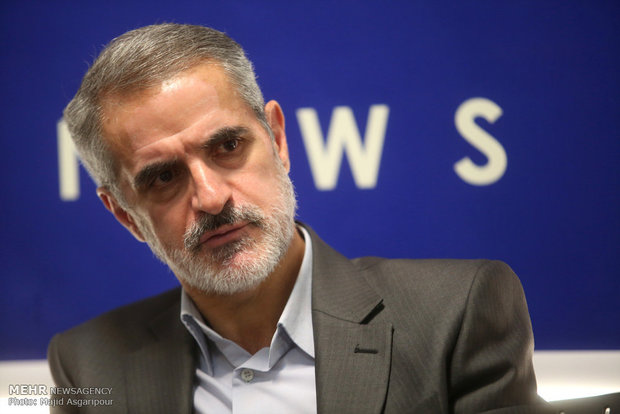

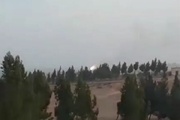
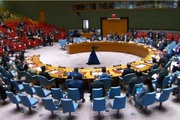
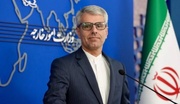
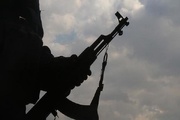
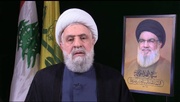
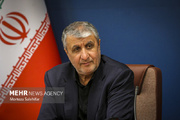


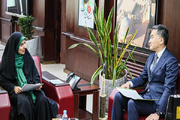
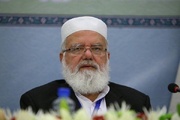
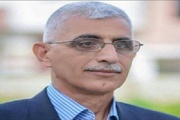
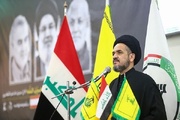



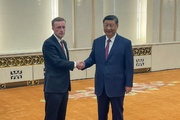

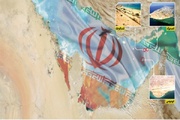
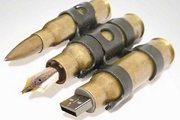
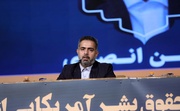
Your Comment